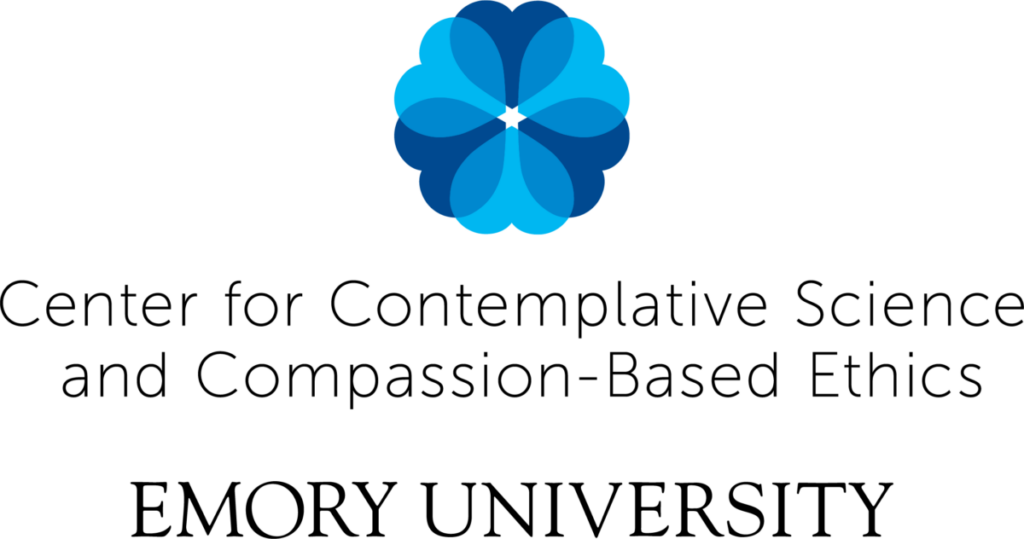BUILDING FOR CHANGE
Adult SEL
Adult social and emotional learning emphasizes the crucial role of educators’ social and emotional competencies in the effective implementation of SEL programs in schools.
This domain advocates for comprehensive professional development and the formation of collaborative learning networks for educators, focusing on enhancing their SEL skills and overall well-being. Understanding that personal well-being is a part of professional development, as a teacher is critical. SEL integration into educators’ professional practices and daily interactions with students, not as an additional workload, but as a transformative element of interactions in the classroom is a critical aspect of pedagogical and classroom management development.
This approach involves active participation of educators in continuous training, feedback, and a focus on creating supportive environments for their own personal social development. Ultimately, the Adult SEL domain recognizes that the personal and professional growth of educators is fundamental to fostering a successful environment for students. In the context of compassion cultivation, this domain includes Cognitively Based Compassion Training (CBCT), which helps educators develop their own compassion-based SEL skills.
This domain supports the creation of emotionally safe, learning-focused environments where educators can develop personally and professionally. In practice, this involves dedicated time and resources for training, regular debriefing, reflection spaces, and cultivating a school culture that prioritizes adult SEL and well-being, recognizing its direct impact on the overall effectiveness of SEL implementation in students.
Examples of this domain in action
Mindfulness of Breath Practice

Providing space and time for resiliency practice helps to enhance SEL skills and overall well-being of and professional development for staff.
SEE Learning Educators Workshop
Guiding Questions
Questions to help you get started in developing this domain within your school, district or network.
Professional Development and Training
What types of professional development programs, like Cognitively Based Compassion Training (CBCT), can be implemented to enhance educators’ SEL skills?
Resources
How can your school use this professional development programs to meet the unique needs of your educators?
District Wellness Program
Workshops, Community of Practice/PLC’s
What resources and time allocations are necessary to support the ongoing professional development of educators in SEL, in your school?
Implementation Guide – CBCT for Educators
Communities of Practice and Collaborative Learning
How can you establish and maintain effective communities of practice for educators to share and learn SEL strategies together?
In what ways can your school facilitate peer-to-peer learning and support among educators to enhance SEL skills?
What structures can be put in place to encourage regular participation in these communities of practice?
Supportive Environment and Well-being
How can you create and sustain an emotionally safe and supportive environment for educators’ SEL development?
How can you support educators in incorporating well-being and SEL practices into their daily routines?
Implementation and Integration of SEL
Why does Adult SEL matter for implementation?
Research evidence
Building the case
How can SEL principles be integrated into educators’ daily interactions with each other effectively?
What steps can be taken to ensure that the integration of SEL for educators into educators’ workload is seamless and non-burdensome?
How can educators be involved in the continuous improvement of SEL program implementation for teachers?
A Note From The Experts
Coming Soon



